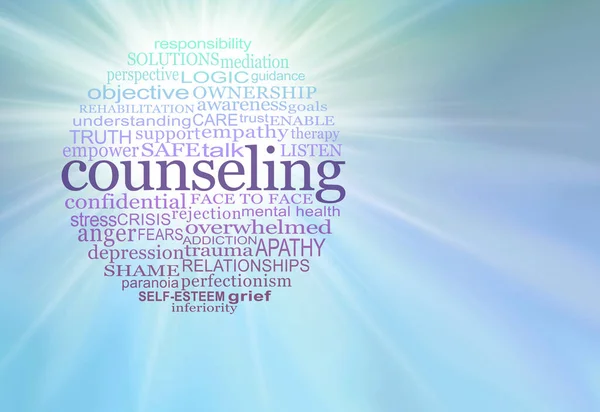Ph.D. in Counseling: Introduction, Admission, Registration, Eligibility, Duration, Fees, Syllabus 2024

Introduction:
A Ph.D. in Counseling is a doctoral-level program that prepares students for leadership roles in the field of mental health. It combines rigorous academic coursework with in-depth research to develop advanced knowledge and skills in counseling practice, theory, and research.
Admission Process:
- Identify Specialization: Determine your area of interest within counseling, such as clinical, school, or marriage and family counseling.
- Prepare Application: Compile all necessary documents, including academic transcripts, a statement of purpose, and a detailed research proposal.
- Obtain Recommendations: Secure letters of recommendation from professionals or academics who can speak to your potential in the field.
- Meet Testing Requirements: Complete any required standardized tests, such as the GRE.
- Interviews: Participate in interviews with faculty members to discuss your research interests and fit for the program.
- Review Funding Options: Explore assistantships, fellowships, and scholarships that can support your studies.
Eligibility:
- Master’s Degree: Hold a master’s degree in counseling or a related field from an accredited institution.
- Clinical Experience: Have professional experience in a counseling setting.
- Academic Record: Maintain a strong academic record, particularly in relevant coursework.
- Research Skills: Demonstrate the ability to conduct independent research.
- Licensure: Possess or be eligible for licensure as a professional counselor.
- Commitment: Show a deep commitment to advancing the counseling profession.
Completion Time:
The time to complete a Ph.D. in Counseling varies but typically ranges from 4 to 7 years, depending on the student’s pace and the dissertation’s complexity.
Career Opportunities:
- Academic Positions: Teach and conduct research at universities and colleges.
- Clinical Leadership: Lead counseling centers or mental health organizations.
- Policy Development: Influence mental health policy and advocacy efforts.
- Consultancy: Provide expert advice on counseling practices and mental health services.
- Research Institutes: Conduct specialized research in institutes focusing on mental health.
- Private Practice: Establish a private practice, offering specialized counseling services.
Syllabus:
- Advanced Counseling Theories: Study the foundational and contemporary theories of counseling.
- Research Methods: Learn quantitative and qualitative research methods in counseling.
- Ethics in Counseling: Explore ethical considerations and professional issues in practice.
- Multicultural Counseling: Understand the impact of diversity and culture in counseling.
- Assessment Techniques: Gain expertise in psychological assessment and diagnosis.
- Supervision and Training: Learn about the principles and practices of counselor supervision and education.
Internship Opportunities:
- Clinical Internships: Engage in supervised clinical practice in various settings.
- Research Assistantships: Assist faculty members with ongoing research projects.
- Community Mental Health: Work with community organizations providing counseling services.
- School Counseling: Intern in educational settings, addressing the needs of students.
- Corporate Wellness: Participate in corporate programs focused on employee mental health.
- Government Agencies: Collaborate with agencies on mental health initiatives and programs.
Scholarships and Grants:
- University Scholarships: Apply for scholarships offered by the academic institution.
- Professional Associations: Seek funding from associations like the American Counseling Association.
- Research Grants: Secure grants for specific counseling research projects.
- Government Scholarships: Utilize scholarships provided by government bodies for mental health studies.
- International Fellowships: Explore fellowships for studying counseling abroad.
- Private Foundations: Apply for support from foundations that focus on mental health and education.
FAQs:
What distinguishes a Ph.D. in Counseling from other mental health doctorates?
A Ph.D. in Counseling focuses on research and academic scholarship in counseling, preparing graduates for roles in academia and advanced clinical leadership.
Can I continue working while pursuing my Ph.D.?
Many programs offer flexible or part-time options to accommodate working professionals.
What types of research topics are explored in this Ph.D.?
Research topics can include counseling interventions, mental health policy, multicultural counseling, and counselor education.
Are there opportunities for practical experience during the program?
Yes, internships and practicums are integral parts of most Ph.D. programs in counseling.
How can a Ph.D. in Counseling impact my career?
It can lead to advanced positions in academia, research, clinical practice, and policy-making within the mental health field.
Is there a demand for Ph.D.-level counselors?
Yes, there is a growing need for highly educated counseling professionals to address complex mental health issues and to contribute to the field through research and teaching.
